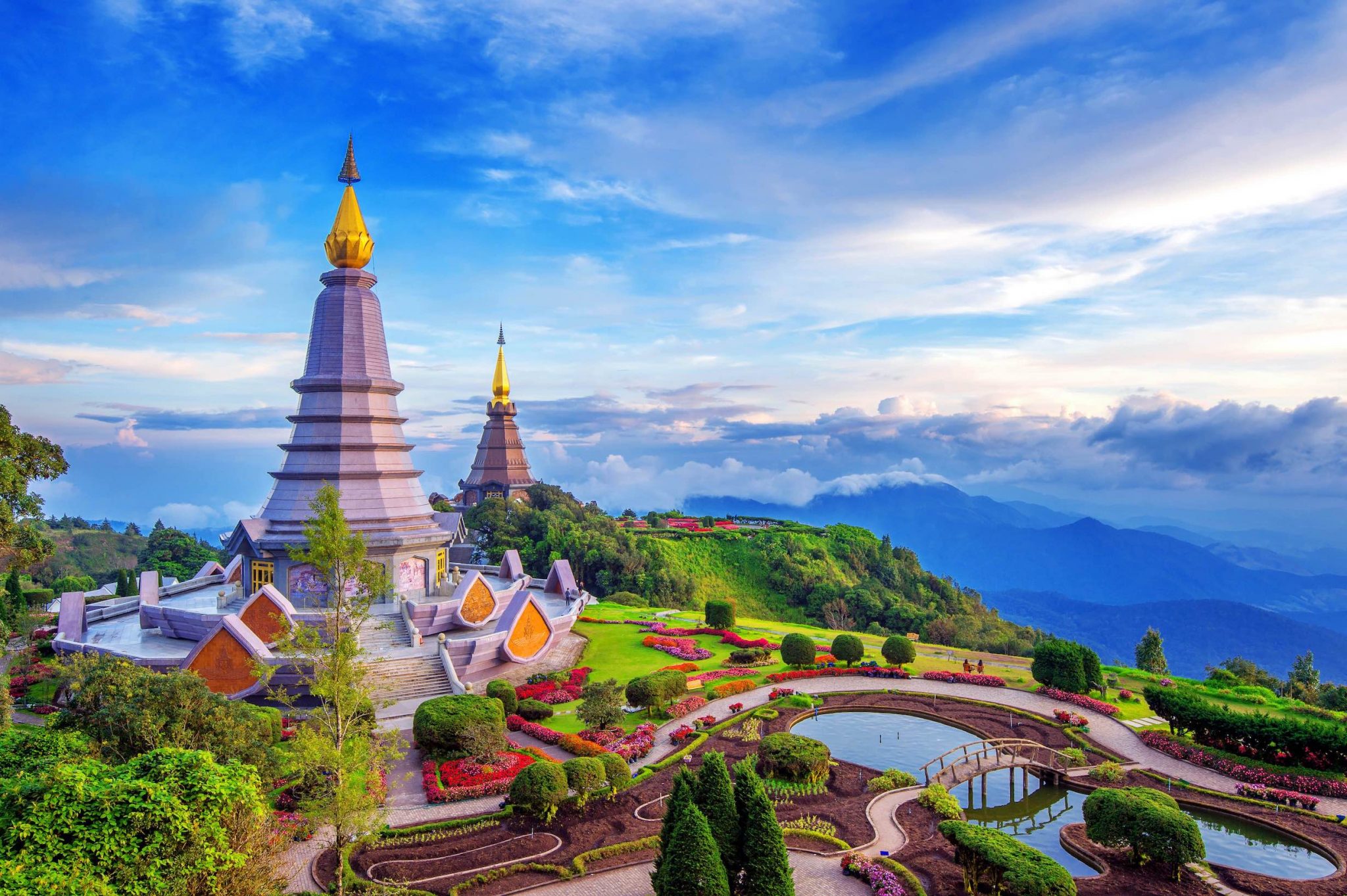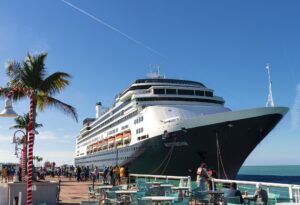Answered by our Expert
Adventure is defined in many dictionaries as 'bold', 'audacious' or even 'courageous', but what one person believes is adventure will be quite different from the next. I'm not here to provide the same experience to everyone, I'm here to advise and guide you on a journey. The path of which will be unique to you. From beaches in Spain & Greece, to Safaris on the Serengeti Plains, the services I provide are boundless in location and allow your imagination to flourish.
Kenya, Tanzania, South Africa, Cuba, South America, Central America, United States, Canada
City Breaks, Beaches, Action & Adventure, All Inclusive, Cruise, Yachts & Sailing, Family, Weddings and Honeymoon, Ski, Solo Travel, Luxury
Outdoors, History & Heritage, Local Culture, Destination Experiences, Nature & Wildlife
In Thailand, lèse majesté is a crime according to Article 112 of the Thai Criminal Code. The law, which was adopted in Thailand in 1908, renders any image of the Thai royal family criminality to defame, insult, threaten or degrade. This includes defacing Thai cash, so avoid stepping on the Thai baht (in Thai tradition, the foot is regarded unclean, but the head is considered sacrosanct.) It’s against the law and may land you in jail. Even discussing the Thai monarch and his family is frowned upon, especially in public. If you are in Thailand, it is advisable to avoid any public conversation or writing about the issue if you do not want to be “blackballed” or worse, imprisoned. Since World War II, Thailand is the only constitutional monarchy that has reinforced its lèse-majesté statute. It has been regarded as the “world’s toughest lèse majesté legislation,” with penalties ranging from three to fifteen years in jail for each conviction.




















